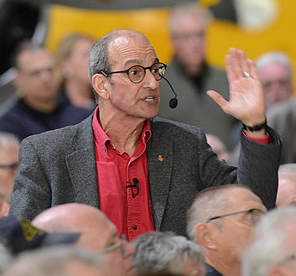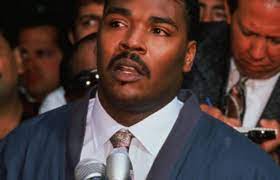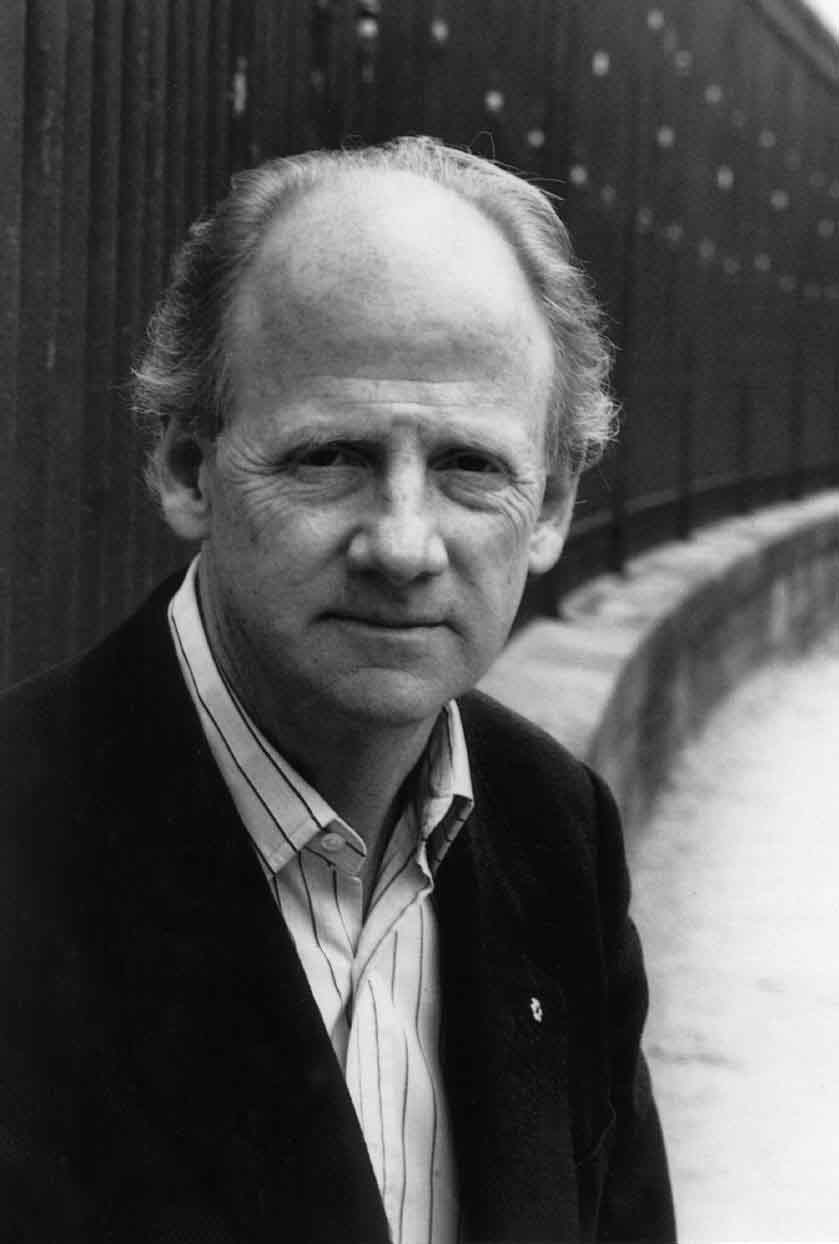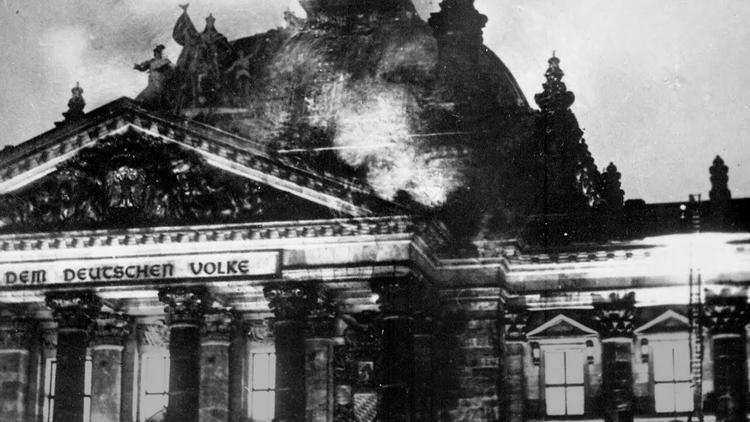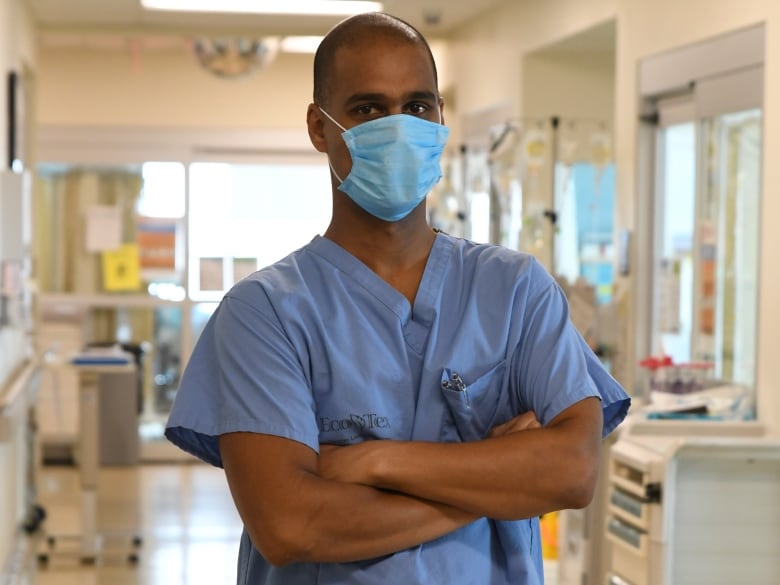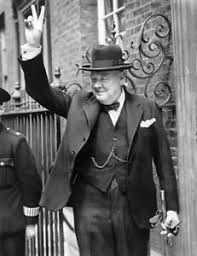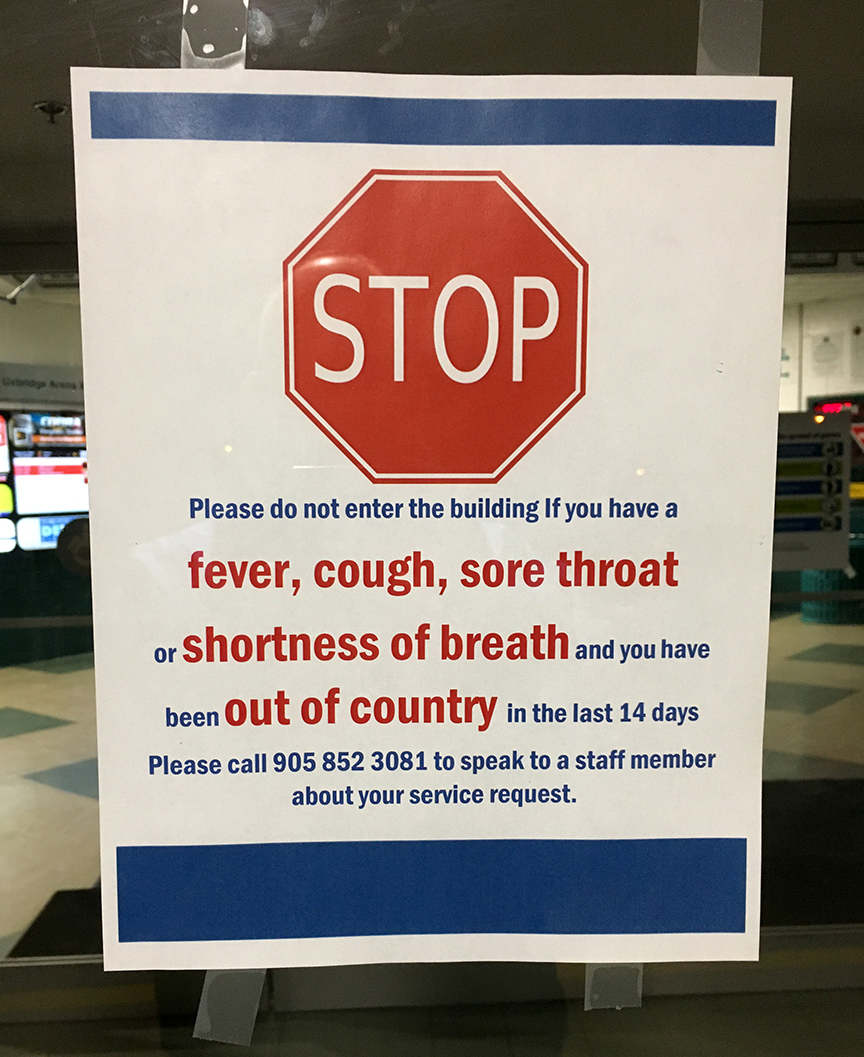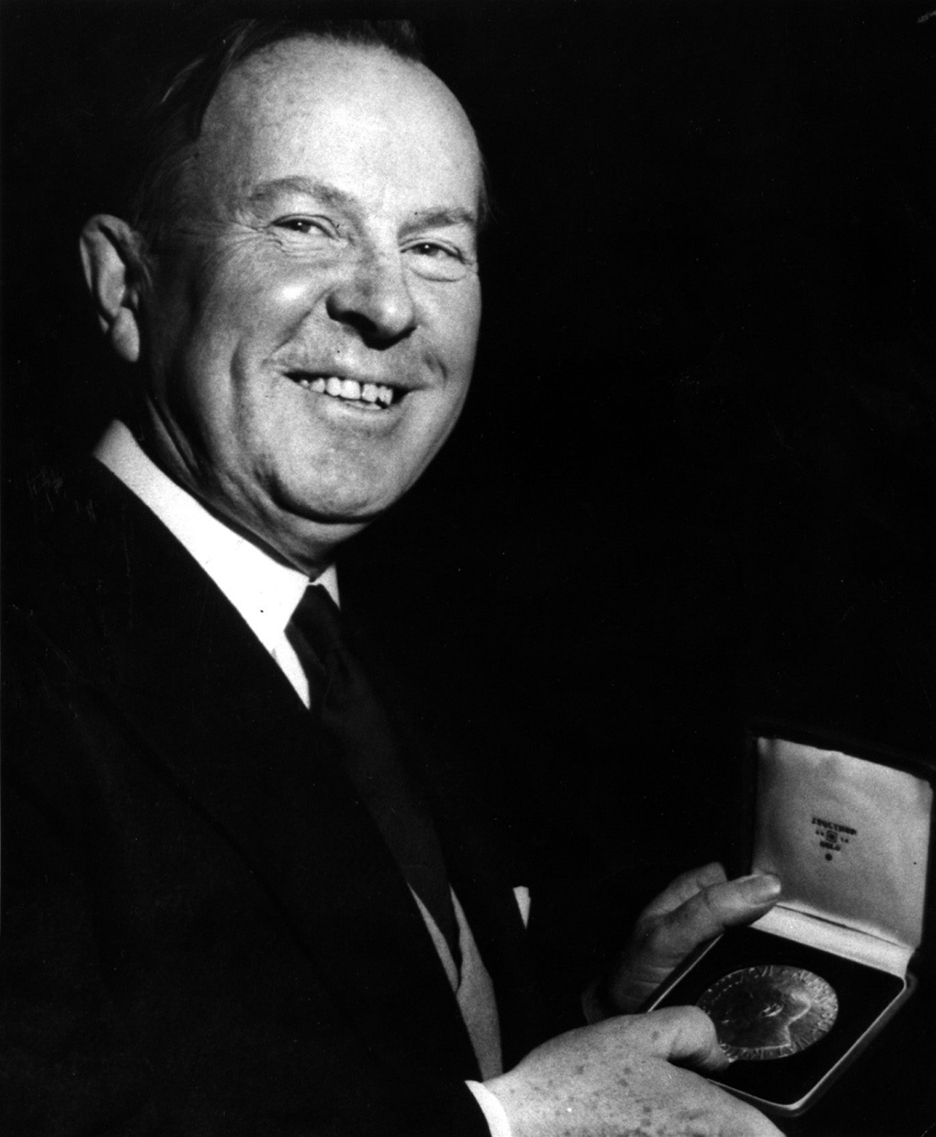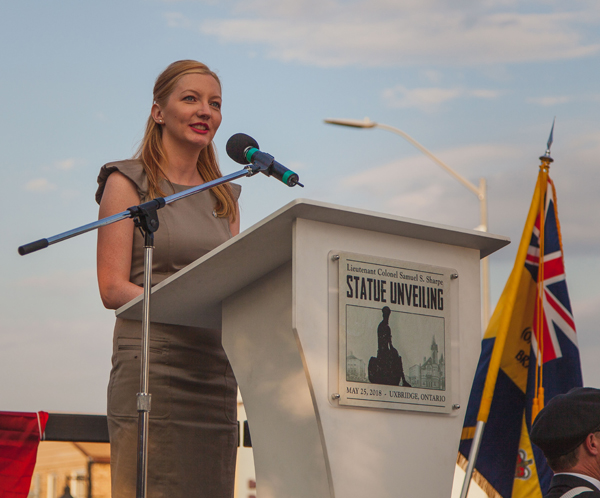She’s gone now. Queen Elizabeth II died last Sept. 8, and was eulogized at Westminster Abbey 11 days later. Her son, the Prince of Wales, immediately acceded to the British throne as King Charles III.
“We mourn profoundly the passing of a cherished Sovereign and a much-loved Mother,” Charles said the day she died. “I know her loss will be deeply felt throughout the country … and by countless people around the world.”
While I’ve never considered myself a monarchist, I nevertheless do owe Her Majesty a debt of gratitude. (more…)
